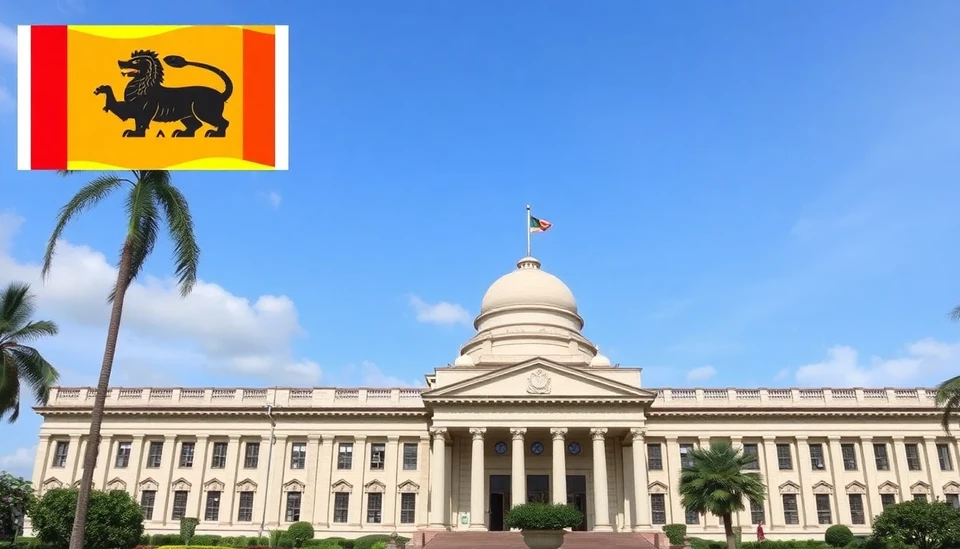
Sri Lanka, facing significant financial challenges and a precarious economic landscape, has announced a bold initiative to exchange its defaulted dollar-denominated debt for new bonds. This move is a vital part of the government’s strategy aimed at revitalizing the nation’s economy, which has been significantly impacted by a wave of defaults and a severe foreign exchange crisis.
The restructuring plan, approved by Sri Lanka's parliament, is designed to alleviate the burden of existing debt that has hindered the country's financial stability. The country had previously missed a series of interest payments, leading to its status as a defaulter. This new approach seeks to restore investor confidence and create a more sustainable financial framework going forward.
This swap involves converting approximately $12 billion of external debt into new securities, a significant portion of the country's total external liabilities. By doing so, Sri Lanka aims to manage its debt load more effectively and give the government some breathing room to address domestic economic challenges, including rising inflation and dwindling foreign reserves.
Finance Minister Nivard Cabraal emphasized that this restructuring is not merely about exchanging old debt for new; it marks a philosophical shift in how the country views and manages its financial obligations. The government is optimistic that this approach will provide a clearer path toward achieving a sustainable fiscal environment while also paving the way for future investments.
Analysts have noted the potential benefits of this bond swap, which may lead to a gradual stabilization of the Sri Lankan economy. As part of the adjustments, the government is also expected to implement austerity measures alongside structural reforms, which are crucial to restoring fiscal health. However, these measures may face challenges in gaining public support, given the country's recent history of economic turmoil.
Furthermore, the timing of the announcement is critical. With a developing narrative on debt restructuring in emerging markets, Sri Lanka's approach might inspire similar initiatives in other countries grappling with high levels of debt. Economic experts will be watching closely to see how the bond swap plays out and its implications for Sri Lanka's broader economic recovery.
As the country embarks on this journey of financial rehabilitation, stakeholders, including foreign creditors and local businesses, are hopeful that the new bond instruments will offer a pathway to resolve longstanding issues tied to the debt crisis. With ongoing discussions with the International Monetary Fund (IMF) and other financial institutions, Sri Lanka is strategically positioning itself to regain economic stability and enhance its standing in the global market.
In conclusion, Sri Lanka's innovative approach to restructuring its defaulted dollar debt reflects a determined effort to turn the tide on its economic difficulties. As the government navigates this complex landscape, the eyes of the world will remain fixed on its effectiveness and the potential ripple effects across other economies in similar predicaments.
#SriLanka #DebtRestructuring #EconomicRecovery #FinanceMinister #IMF #Investors #BondSwap #Economy #ForeignDebt #FinancialStability
Author: Daniel Foster




